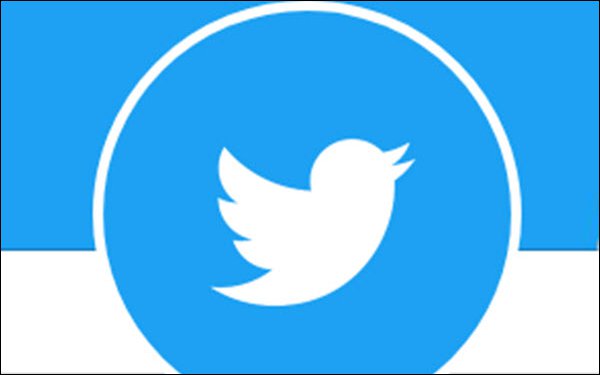
Reflecting a broader industry trend, Twitter saw a
first-quarter usership surge that did little to boot its bottom line.
While monetizable daily active users (mDAUs) were up 24% (to 166 million), revenue was up just 3% (to $808
million), year-over-year.
For the quarter ended in March, ad revenue totaled $682 million, up only about $3 million, year-over-year.
Twitter’s modest revenue gains could have
been worse, were it not for “a strong start to the quarter,” CFO Ned Segal said in the company’s latest earnings report.
That was a lucky break for the company, according to
eMarketer senior analyst Jasmine Enberg.
“A strong January and February were enough to partially offset the steep coronavirus-related declines in its March revenues,” she
said.
Enberg added that the worst is yet to come for Twitter.
“Twitter’s ad business is heavily event-driven, so the suspension of major sporting leagues
in March will have hurt its bottom line and will continue to do so as long as social distancing and stay-at-home measures remain in place,” she said. “We’re not likely to see the
full effects of the coronavirus on Twitter’s revenues until [the second quarter], but due to rapidly changing conditions, the severity of the impact is hard to predict.”
Twitter is taking several measures to adjust to the new realities of the market.
“We are shifting resources and priorities to increase focus on our
revenue products and reduce expense growth, ensuring our resources are allocated against our most important work,” Segal said.
“Revenue product has been elevated to our top company
priority, and the current environment validates and creates even more urgency around delivering more direct-response ad formats,” he added.
This past quarter, Twitter also said it would no longer let users block advertisers from accessing all their personal information. Twitter essentially said the shift will be good for its bottom
line. “These changes [will] help Twitter to continue operating as a free service,” it told users at the time.
Without the additional ad revenue, Twitter seemed to suggest it might
have been forced to charge users for its app.
Going forward, users can still block advertisers from accessing some of their information, including personal preferences.
Twitter also
said it remains committed to protecting users’ names, phone numbers, email addresses and other private information.
Citing interruptions to its business resulting from the COVID-19
crisis, Twitter rec
ently withdrew its first-quarter revenue and operating income guidance, as well as its full-year outlook for expenses, stock-based compensation, headcount and capital expenditures.